Photo Credits: Unsplash
Data security and consulting unqualified therapists are some of the potential dangers of using mental health apps, say therapists.
With long waiting lists to access publicly-funded mental health services and the high cost of private treatment, many young people are turning to online therapy and mental health apps. A 2021 survey in the United States found that 69 per cent of respondents aged 14 to 22 years old had used a mental health app.
Young people are proving to be a receptive market for easy to access, online therapy services. Last month saw the launch of a new mental health platform, Somethings, marketed as a “youth-specific wellness platform that connects teenagers with trained mentors between the ages of 19 and 26.”
Elizabeth Cotton, a former NHS psychotherapist and now senior researcher at Cardiff Metropolitan University studies the digitalisation of therapy. She is currently working on a questionnaire to gauge how young users feel about digital mental health platforms, an area on which she says there is insufficient research.
Cotton warns of potential dangers of some of the online platforms. “The business model is essentially a ‘platformalisation’ of therapy. That’s why I call it ‘Uber Therapy’,” she said. “These companies are not remotely interested in whether you get therapy at the end of this. They’re selling data, they’re selling connectivity. It’s not therapy.”
And like Uber drivers, counsellors on therapy apps are overworked and have insecure contracts, Cotton said.
She added that a bedrock of the therapist-client relationship is confidentiality. An element she says digital mental health platforms lack.
A report released in May by software company Mozilla found that 60 per cent of popular mental health apps fell short of minimum privacy standards and 40 per cent had worse privacy standards compared to last year.
Therapists like Cotton are wary of the mental health services digital platforms are claiming to provide. They worry about unqualified and or overworked therapists and the recommendation of inappropriate remedies.
However, she is also hopeful that the landscape will change.
“I think increasingly young people will be more vocal and dissatisfied with the mental health services that they’ve encountered. They’re gonna organise their own groups and activities as a result.” she said.

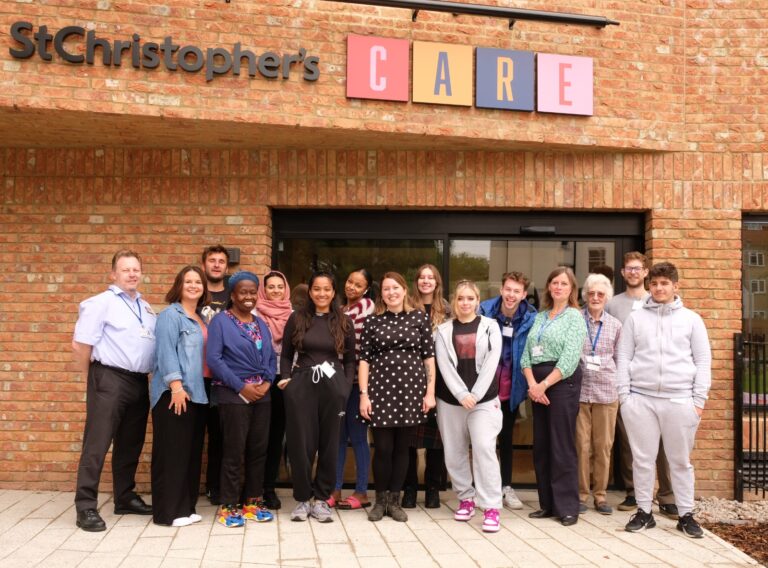
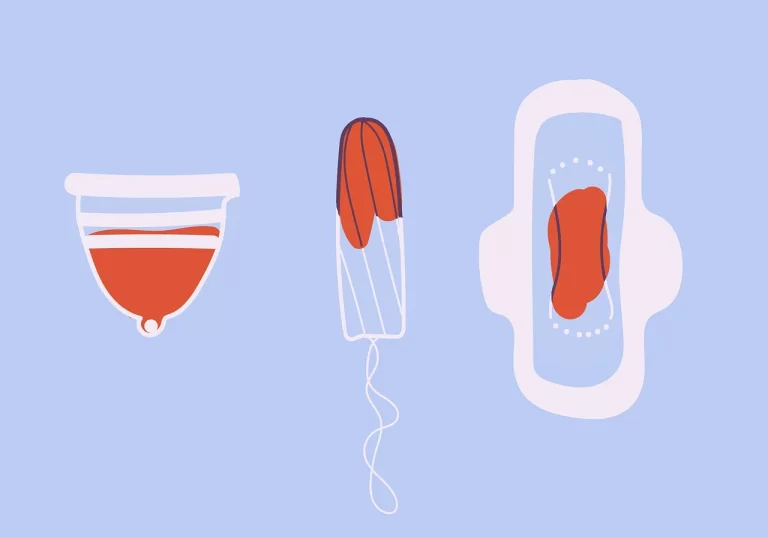
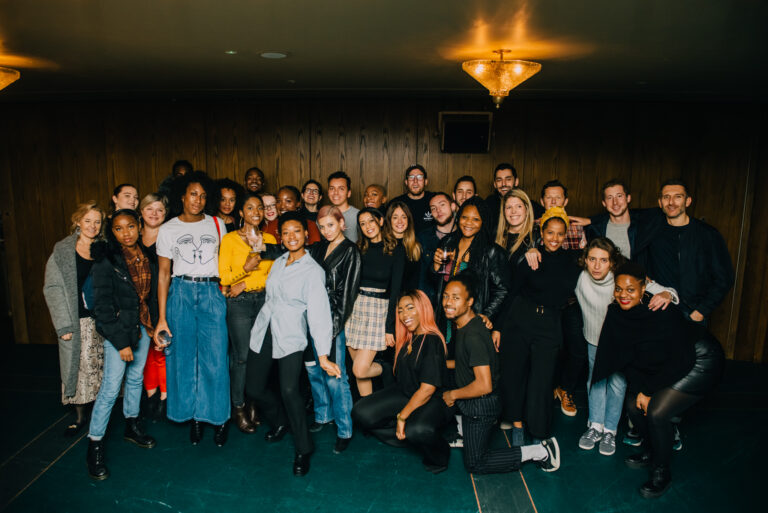
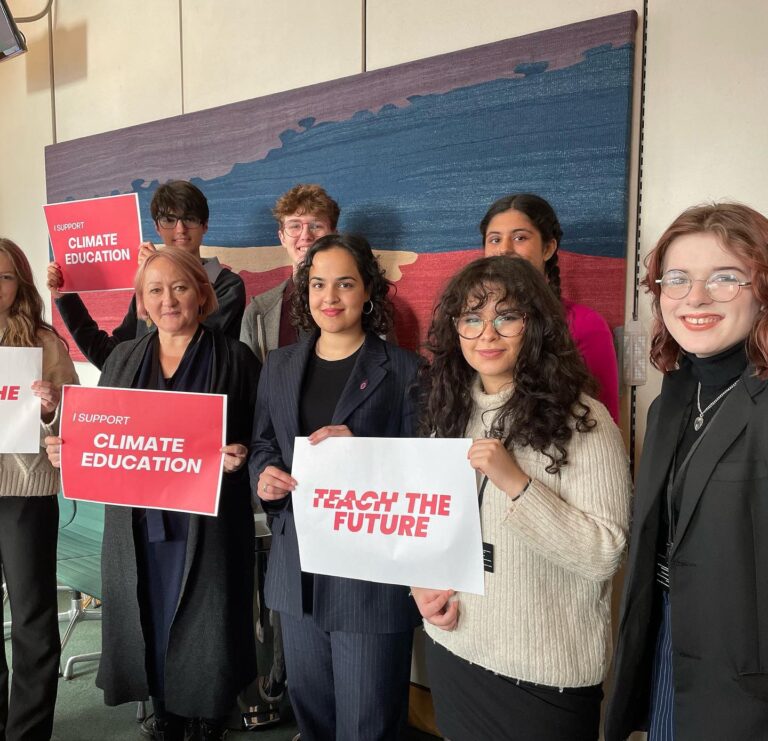
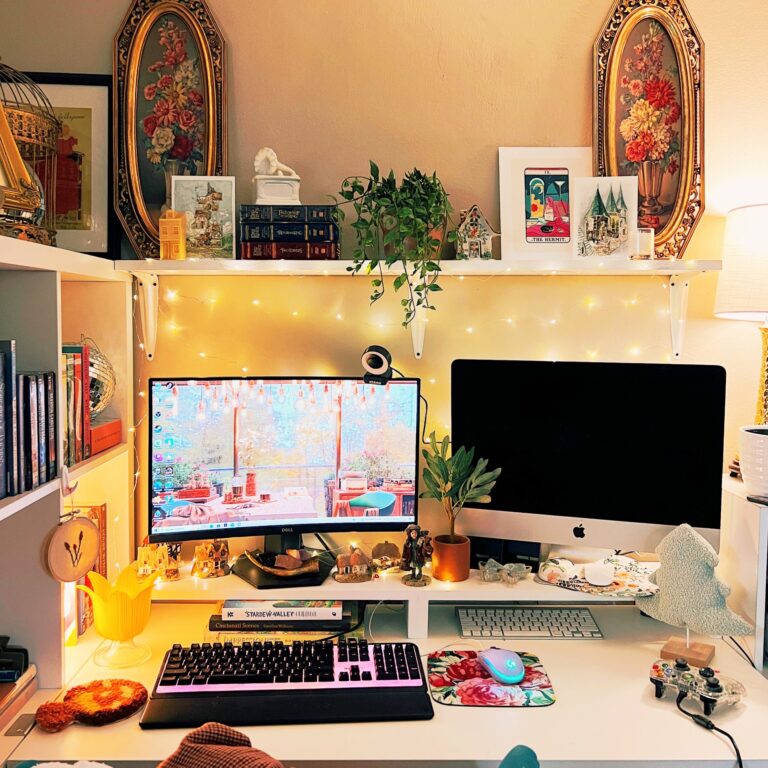
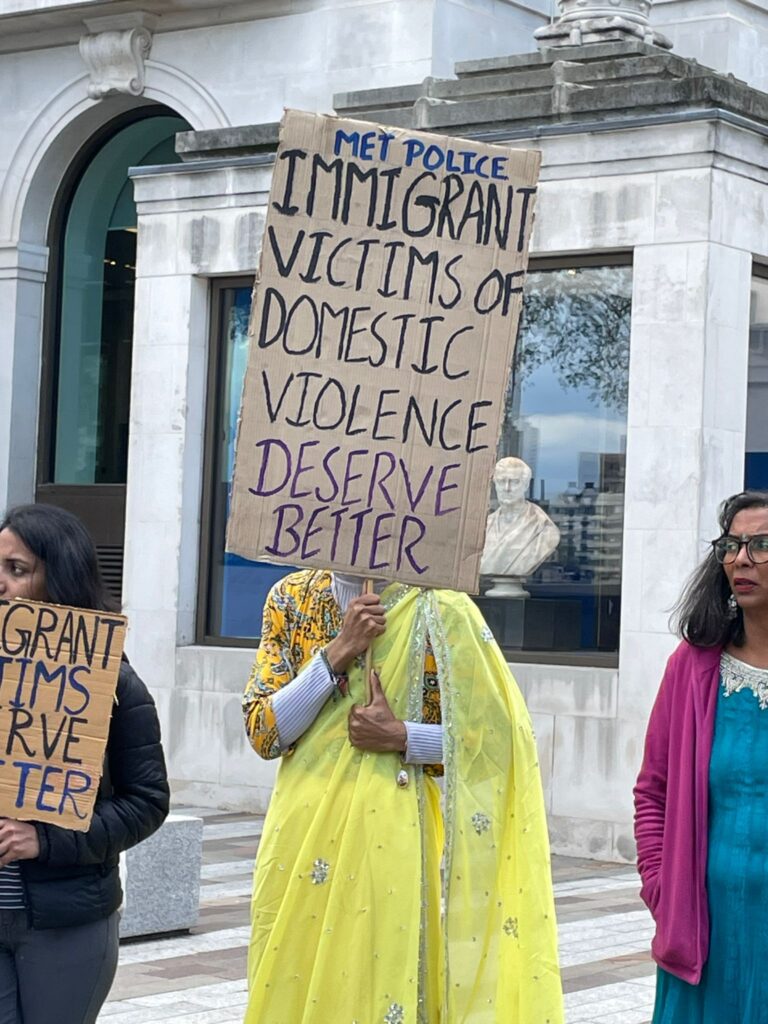

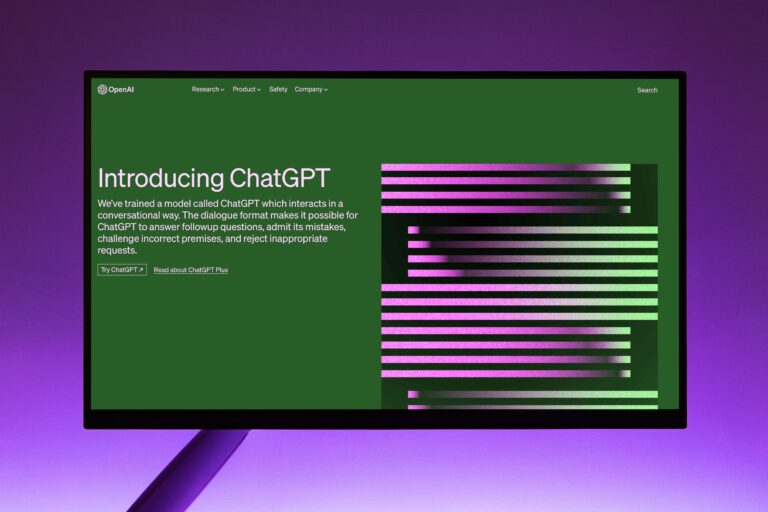


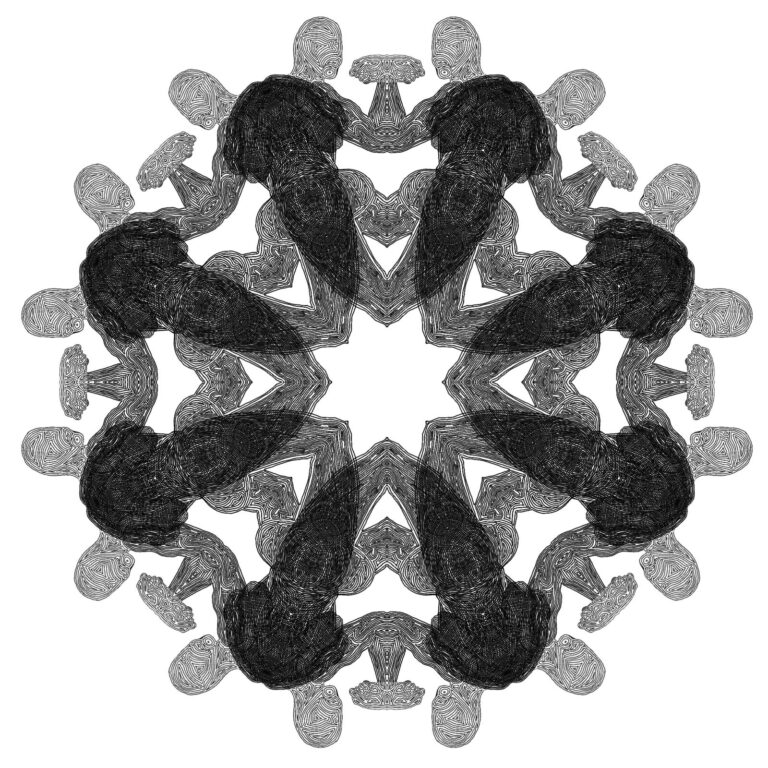
[…] Don’t forget to read: Therapists warn youngsters about quick-fix mental health apps […]